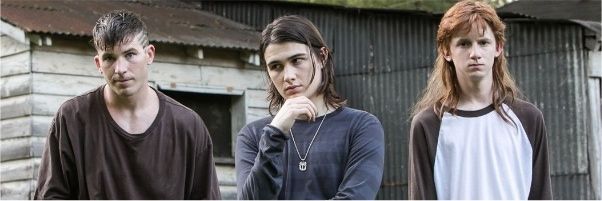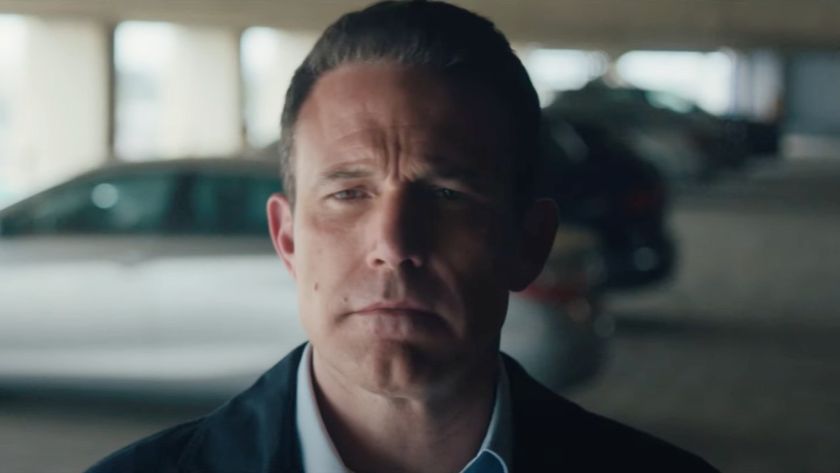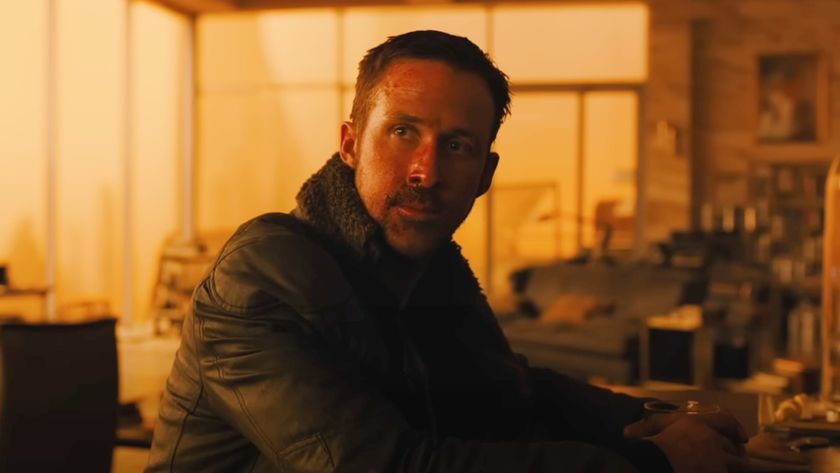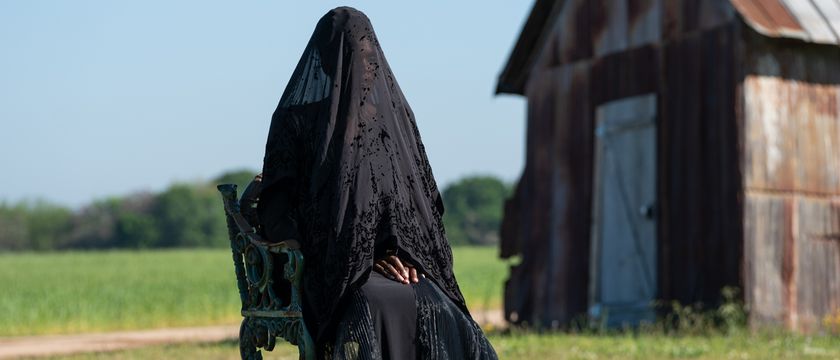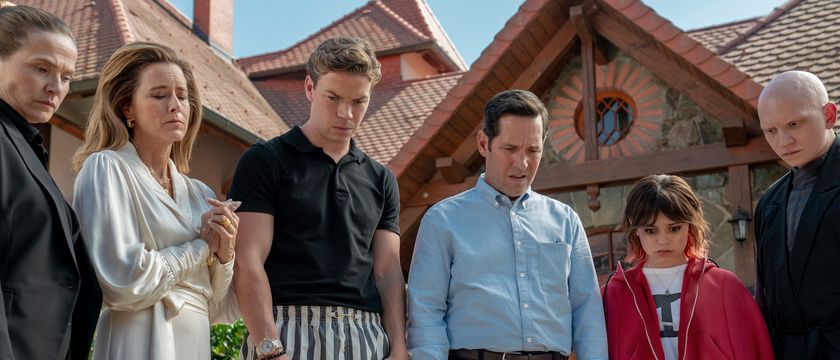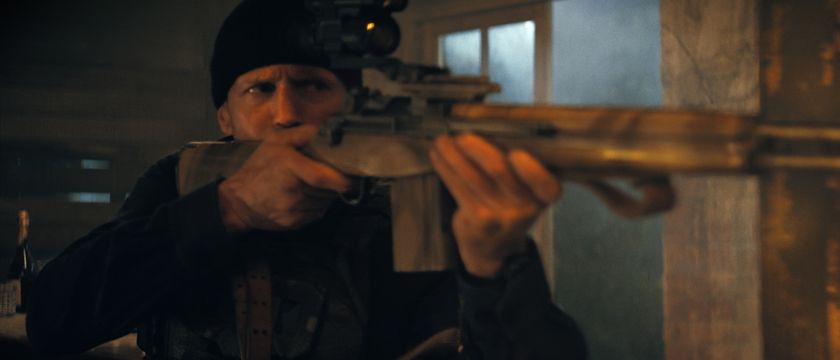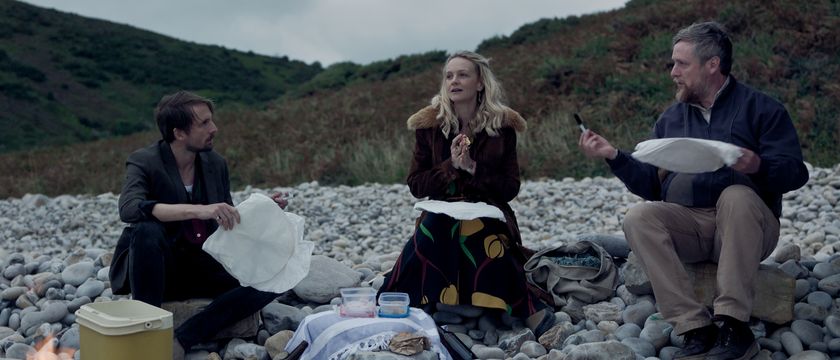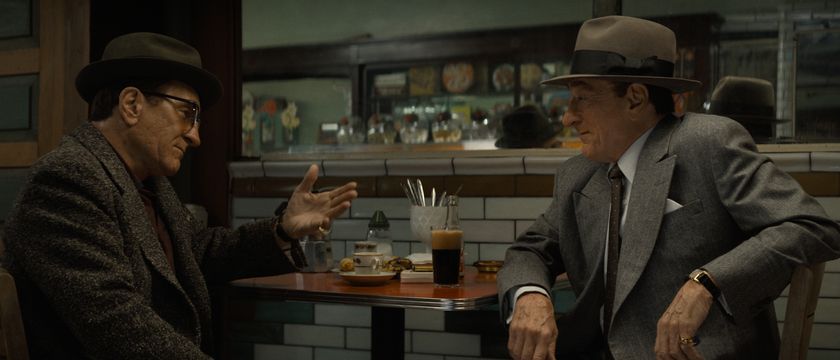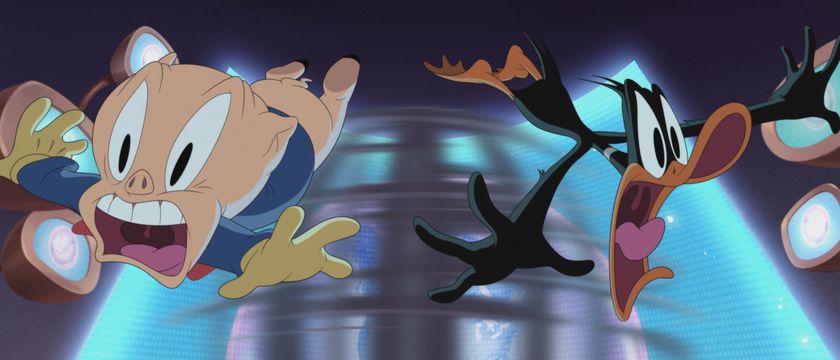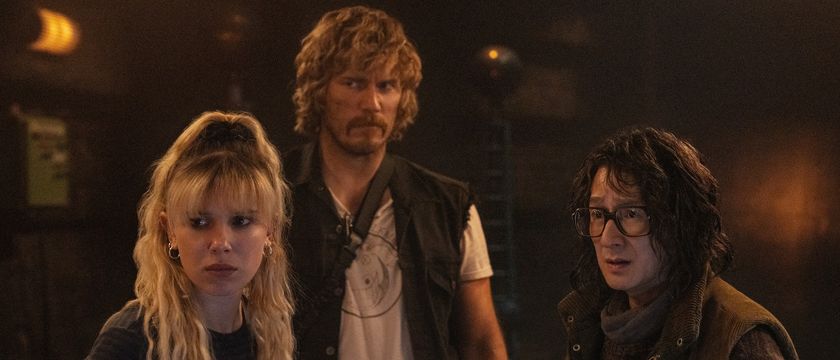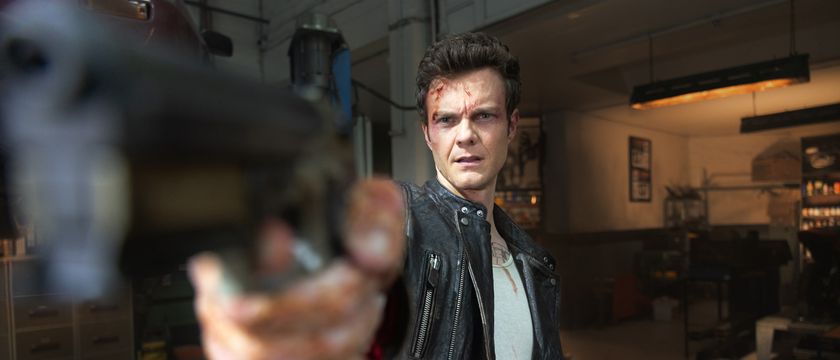It’s all too common that filmmakers confuse the words “based on a true story” for “compelling.” Rather than developing any kind of creative ideas that don’t betray the reality and enhance the emotional veracity, they think it’s simply enough to nail down the actual events as accurately as possible and directly translate the story to the screen, regardless of how cinematic it actually is.
We usually have to wait until towards the end of the year to see these kinds of movies, as they usually are trotted out as Oscar bait, but this year we have gotten an early one in director Atom Egoyan’s Devil’s Knot, a boring, talent-wasting big screen version of the notorious case of the West Memphis Three.
Set in the mid-90s, Devil’s Knot begins as three young boys in Arkansas go missing, and are eventually found dead and tied up in a riverbed. The entire town begins losing its mind, believing that the crimes are the work of Satan worshipers -- and while this may be a misconception, it’s what eventually leads to the arrests of Damien Echols (James Jamrick), Jessie Misskelley, Jr. (Kristopher Higgins) and Jason Baldwin (Seth Meriweather), three young men who are believed to be both friends, and also occult worshipers.
The police believe that they have an open and shut case against the boys, complete with shady confessions, shifty evidence and plenty of hearsay. Things get dark when it’s learned that the prosecution is seeking the death penalty for the accused. For those that aren’t entirely blinded by the hysteria, it quickly becomes very clear that there was something very wrong with the way that the investigation was handled, and it becomes the responsibility of the defense to protect the wrongfully accused from execution.
As proven by the fact that four mainstream documentaries have been made to capture every detail of the case, the story of the West Memphis Three is clearly a dramatic story with lots of twists and turns. What Devil’s Knot forgets is to actually adapt the story. The script, based on the book of the same name by Mara Leveritt and penned by Paul Harris Boardman and Scott Derrickson, doesn’t really take time to create any kind of structure, and instead just allows the film to float from memorable true moment to memorable true moment in the real case. The screenwriters clearly hope that everything is so interesting that audiences won’t notice how un-structurally sound the whole thing is, but it takes a smart viewer less than half an hour to figure out something is very, very wrong.
Of course, the lack of structure not only leads to an unbalanced, poorly-paced narrative, but also causes a chain reaction that leads to a complete lack of arcs and therefore no real character development. If they had to be plucked out of the giant, messy ensemble, the two leads of the movie would have to be Ron Lax (Colin Firth) and Pam Hobbes (Reese Witherspoon), an investigator and grieving mother, respectively, but their roles wind up getting so bogged down by all of the little details of the case that any real emotional impact they have is completely minimized. Both figures are entirely one-dimensional, and are used simply as tools to dictate how the audience should feel.
Leaving all of the characters so one-dimensional makes Devil’s Knot feel entirely shallow. Only making things worse is the amazingly talented cast that Egoyan had managed to assemble. More than just Firth and Witherspoon, the movie is littered with an impressive number of recognizable actors in bit parts, including Mireille Enos, Dane DeHaan, Amy Ryan, Bruce Greenwood, Elias Koteas and Stephen Moyer. What the film doesn’t seem to get is that star power doesn’t equal depth. Rather than feeling impressed that Devil’s Knot could bring together such a talented group of performers, I was instead left wondering exactly what it was that drew them all to the project in the first place, because it certainly couldn’t have been the script or the average five lines of dialogue that each of them deliver.
The intention of the filmmakers behind Devil’s Knot is extremely clear, as it’s obvious that they wanted to respect the case of the West Memphis Three by getting as much of the true story as possible up on the big screen. What they really failed to do was turn the story into a movie, first. Rather than being an actual films, the docu-drama is instead just a fictionalized version of a string of events you might half-remember from a couple decades back, and the result is something that is overall stale, flat, and completely underwhelming.

Eric Eisenberg is the Assistant Managing Editor at CinemaBlend. After graduating Boston University and earning a bachelor’s degree in journalism, he took a part-time job as a staff writer for CinemaBlend, and after six months was offered the opportunity to move to Los Angeles and take on a newly created West Coast Editor position. Over a decade later, he's continuing to advance his interests and expertise. In addition to conducting filmmaker interviews and contributing to the news and feature content of the site, Eric also oversees the Movie Reviews section, writes the the weekend box office report (published Sundays), and is the site's resident Stephen King expert. He has two King-related columns.
